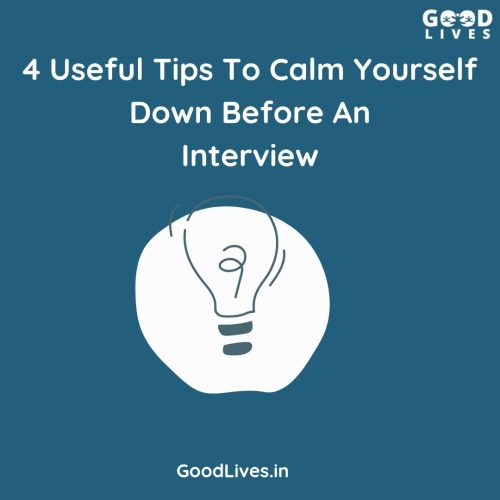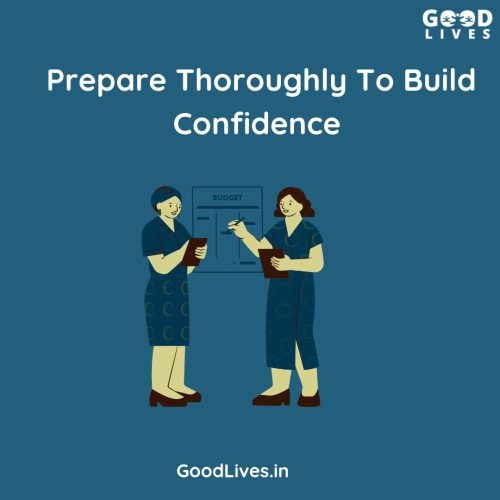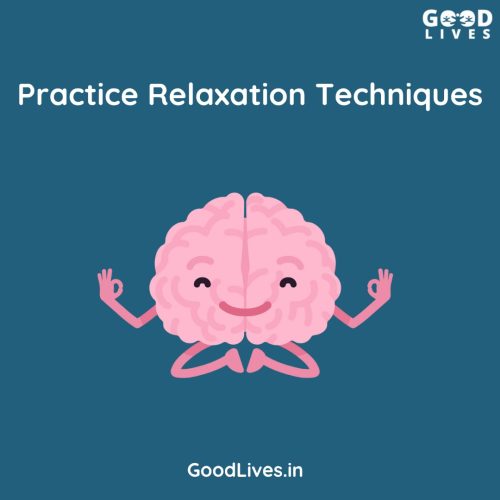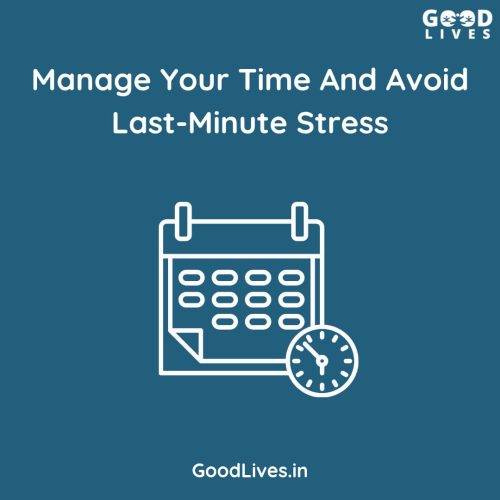
When was the last time you gave an interview?
And how were you feeling before that?
Extremely nervous or an unusual kind of excitement?
Interview jitters are real and we all have felt that before an interview. Even if someone is very well prepared, there is still a chance that they feel nervous because of how professional the environment is and how the anxiety of not being able to answer something sets within you, making you nervous. Believe us, it is very normal to be worried before an interview.
There is always pressure to make a great first impression, answer questions correctly, and secure the position which can cause significant stress to you. However, staying calm and composed is key to performing well. Now this isn’t very easy, is it? Staying calm before an interview is quite challenging but we are here with 4 useful tips that would help you calm yourself down. 4 useful tips that would help you calm yourself down.
4 Useful Tips To Calm Yourself Down Before An Interview
1. Prepare Thoroughly to Build Confidence For An Interview

One of the biggest causes of interview nervousness is fear of the unknown, but preparation can make a big difference in reducing the anxiety and uncertainty that you might feel.
Begin by researching the company—its mission, values, culture, and recent developments—to feel more assured and personalize your responses accordingly. Practice standard interview questions like “Tell me about yourself”, “Why do you want to work here?” and “What are your strengths and weaknesses?” When you know the basics, building on them according to what is asked becomes a little less daunting.
Practicing by saying your answers out loud or with a friend can help your delivery sound more natural. Also, make sure your resume, cover letter, and any other required documents are in place. Try to be extremely well-versed with what you have down on your resume and be ready to talk about it in detail.
A well-prepared CV creates a strong impression and gives you a sense of control. Finally, practicing a mock interview with someone you know can help you bring the professional situation closer to reality, making you feel more at ease and less nervous when the time comes.
2. Practice Relaxation Techniques

Anxiety can trigger shallow breathing and might tighten up your muscles, further increasing nervousness, but doing relaxation exercises will definitely help quiet the mind as well as the body.
Deep breathing helps a lot and exercises like the 4-7-8 method where you inhale for four seconds through the nose, hold the breath for seven seconds, and slowly breathe out through the mouth for eight seconds can decrease your heart rate as well as tension. Feeling anxious is quite normal but knowing what to do to release the anxiety before an important event is crucial as anxiety and nervousness might affect you negatively.
Meditation and mindfulness are also great tools as they help you calm down. Take 5-10 minutes of quiet meditation before your interview to switch your attention away from nervousness and toward the present moment where you feel at peace.
Muscle tightening can make you feel caged. Therefore, progressive muscle relaxation, where you tense and then gradually release each group of muscles from your toes to your head, can release stored tension and leave you feeling calm. Incorporating these relaxation techniques into your routine in general, can make a significant difference in reducing interview nerves and boosting your confidence where you feel good and perform well in the interviews.
3. Visualize Success and Positive Outcomes

Mindset is everything. How you think, what you think, and why you think what you think matters a lot and it affects everything that you feel and the way you react to situations.
Your mindset plays a crucial role in your interview performance—focusing on failure increases anxiety while visualizing success boosts confidence. Positive affirmations like “I am confident and capable” can help you rewire your brain to believing in yourself and when you truly believe in yourself, you know how magical that feels.
Visualization is also a very important tool and for that, you need to– shut your eyes and see yourself walking into the interview room confidently, responding to questions smoothly, and shaking hands with the interviewer smiling. This visual practice eliminates fear to some extent and makes you feel more ready.
Pre-interview nerves are real — but so is support. The GoodLives App offers instant access to calming breathing techniques, quick meditations, and guided stress-relief tools to help you stay composed and confident. Breathe easy, you’ve got this — and we’ve got you.
Rather than ruminating over worst-case situations, imagine a mental success story, visualizing yourself performing well in the interview. We are not saying that this will eliminate the anxiety but it will definitely give you some power and confidence. The more you practice, the more naturally confidence will feel, allowing you to remain calm and composed when the time comes.
4. Manage Your Time and Avoid Last-Minute Stress

Being unprepared before an interview can increase anxiety, so time management is essential. To not feel the rush and the urgency, plan your outfit and documents the night before, ensuring everything is professional and organized. On the interview day, arrive 10-15 minutes early to relax and adjust to the environment as rushing in last minute can make you appear flustered both appearance-wise as well as mentally which would affect your thought process. Also, prioritize 7-8 hours of sleep to stay focused and alert.
Proper preparation helps you feel calm, confident, and ready to succeed and that is only possible when you follow the above four very simple but extremely helpful tips. Feeling anxious and underconfident does not mean, that you would perform badly in the interview. That gut-wrenching feeling is not always bad for you. It indicates and tells you about your passion and dedication for what you will get after the interview.
During extreme nervousness, try to control your racing thoughts and try to calm your body down. What you really need before an interview is to get a hold of yourself and not give in to the situation.
You can and you will ace the interview, if not this one, the next one, but you will do it. Hold onto your worth and believe in the process.
If you are having trouble dealing with day-to-day anxiety, try talking to a mental health professional today!
0 Comments